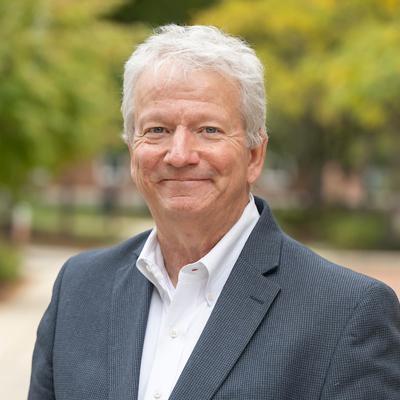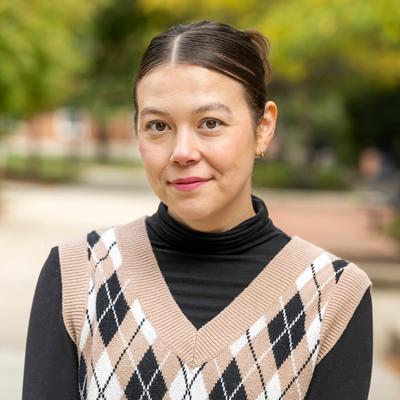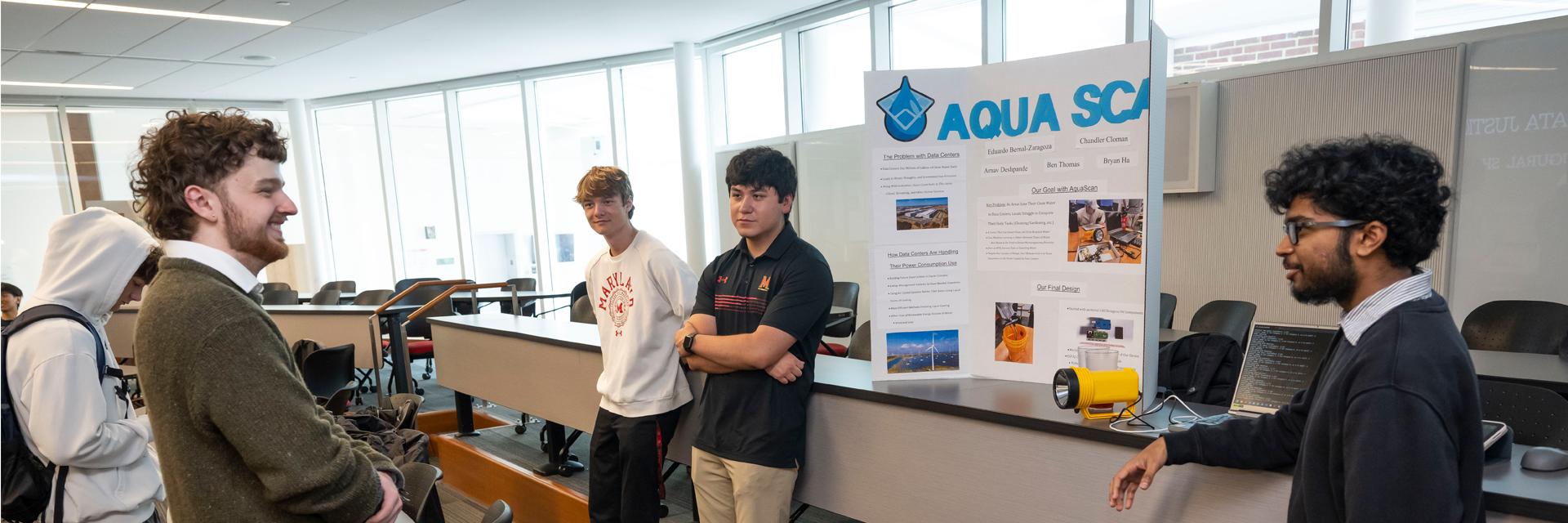Data Justice
Information, analytics and computing for social change
Introduction
Data Justice (DJ) provides students an opportunity to interrogate the biases that are built into information collection, design, and analysis. Students explore how specific values are coded into datasets, algorithms, AI-driven systems, machine learning models, and other sociotechnical systems. They gain advanced data-related skills that will serve them in a wide variety of careers that aim to make the world a better place through information.
By the conclusion of the program, students will be able to:
- Employ justice-centered approaches to equitable computer and data sciences;
- Analyze how cultural values, power, and privilege are encoded into technologies;
- Critique the sociopolitical values of data structure and algorithmic design;
- Analyze ways that computing and data science have been used as a catalyst for positive social change; and
- Develop a computing identity that intersects with personal identity factors.
DJ Scholars enters its second academic year in 2025-26. The program is sponsored by the University of Maryland’s College of Information, a top-ranked research and teaching college in the field of information science.
In the College of Information, faculty, staff, students, and partners are expanding the frontiers of how information and technology are accessed and used in a rapidly evolving world. We are combining principles of information science with cutting-edge technology to foster access to information, improve information interfaces, and expand how information is used in an evolving world.
Throughout all of our endeavors, the College of Information is committed to utilizing information and technology for good – to connect communities, empower individuals, and create opportunities.
Colloquium and Lecture Topics
- How do you use information?
- What is the info you need to change the world?
- What has produced the digital divide?
- How are digital identities different from personal identities?
- How can we achieve information justice?
The Data Justice program will be an excellent opportunity for undergraduate students interested in information science, computer science, the social sciences, journalism, business, policy, and more.
Other Learning Opportunities
In addition to colloquium and supporting courses, DJ students will choose three 1-credit electives from a group of courses focused on building technical computing and data science skills. Course titles include:
- Making Twitter Bots
- Solving Puzzles and Riddles with Computation
- Comic Books and Machine Learning
- Emergent Experiences through Technology
Off-campus excursions to information-related sites, such as the Library of Congress, the National Archives, and the Agricultural Library in Beltsville, MD, will foster community and encourage examination of information in the community (in physical location, cyberspace, and institutions created for the management and best use of information).
Curriculum Overview
Data Justice is an 15-credit program that includes a required course on algorithmic bias (INST204S); a series of colloquium courses on the topics of the digital divide, digital identities, and information justice; a set of supporting courses drawn from the College of Information’s 100- and 200-level courses on relevant current issues; a set of short supporting courses focused on technical computing and data science skills; and a practicum (CPDJ240 Service Learning) in which students will undertake a project with a community partner related to data justice.
The following table represents a typical two-year curriculum, but individual schedules will vary. Details about courses and requirements can be found on the Data Justice Citation Checklist.
| SEMESTER | COURSE | CREDITS |
|---|---|---|
| Semester 1 | CPDJ 100: Colloquium I | 1 credit |
| INST204S: Designing Fair Systems (DSHS, SCIS) | 3 credits | |
| Semester 2 | CPDJ 101: Colloquium II | 1 credit |
| Semester 3 | CPDJ 200: Colloquium III | 1 credit |
| Semester 1, 2, 3, or 4 | INST 388: Maker Movement INST 388: Maker Movement INST 388: Maker Movement |
1 credit 1 credit 1 credit |
| Semester 1, 2, 3, or 4 | Supporting Course (var. Gen Ed) | 3 credits |
| Semester 4 | CPDJ 240: Service-Learning Practicum | 3 credits |
Sponsoring College
Office Address
1101 Centreville
Office Phone
TBD
Faculty


News and Notes, Etc.
In Memoriam: J. Lee Hellman, Founding Director of Life Sciences Scholars
College Park Scholars is mourning the passing last week of Dr. John Lee Hellman, the founding director of the Life Sciences Scholars program—one of the four original programs in College Park Scholars. He served as director of Life Sciences from its launch in 1994 until 2009. Hellman was a lifelong Terp, having earned his bachelor’s and master’s degrees, as well as his doctorate, from the University of Maryland, College Park (UMD). After earning his Ph.D. in 1975, he went on to serve as a professor in the Department of Entomology in the then–College of Life Sciences. (Entomology is now a joint department of the College of Agriculture and Natural Resources and the College of Computer, Mathematical, & Natural Sciences.)
In-Person Service Day Relaunches With Enthusiasm
Kids bent over boxes of school supplies. Tubs of tomatoes, picked fresh off the vine. College students clad in waders, waist-deep in pond water. These were just a few of the scenes witnessed during College Park Scholars’ annual Service Day, which took place on Friday, Aug. 27, this year.
Longtime International Studies Director Concludes Scholars Tenure
A renowned scholar of political psychology, political violence and genocide, James Glass oversaw the International Studies Scholars program for 15 years. Dr. James Glass, director of the International Studies (IS) Scholars program for the past 15 years, has stepped down from his post, effective June 30. He was the longest-serving director in IS history.
3 Scholars Alums Among University’s Undergraduate Researchers of the Year
Three Scholars alums were among the seven students named University of Maryland’s 2021 Undergraduate Researchers of the Year. Andrew Forschler, Arts Rebecca Gordon, Public Leadership Neehar Peri, Business, Society and the Economy Selected by a panel of faculty and staff, this honor recognizes select undergraduate students who displayed exceptional commitment to and accomplishments in undergraduate research at the university
10 Scholars Alums to Serve as Spring Commencement Senior Marshals
A significant number of Scholars alumni will be serving as Senior Marshals at the University of Maryland commencement this Friday, May 21, 2021. Senior Marshals are graduating seniors who display the highest levels of scholarship, service, extracurricular activity and personal growth.
Despite Being Virtual, Scholars Showcases Promote Personal Interaction
For most University of Maryland (UMD) students, the end of the spring semester heralds the start of finals. But for sophomores in College Park Scholars, for the past 24 years, this time of year has signified Academic Showcase. The event, one of the largest exhibitions of undergraduate student learning on campus each year, typically involves more than 600 Scholars sophomores presenting on their capstone projects to fellow students, faculty, parents and other members of the UMD community.


